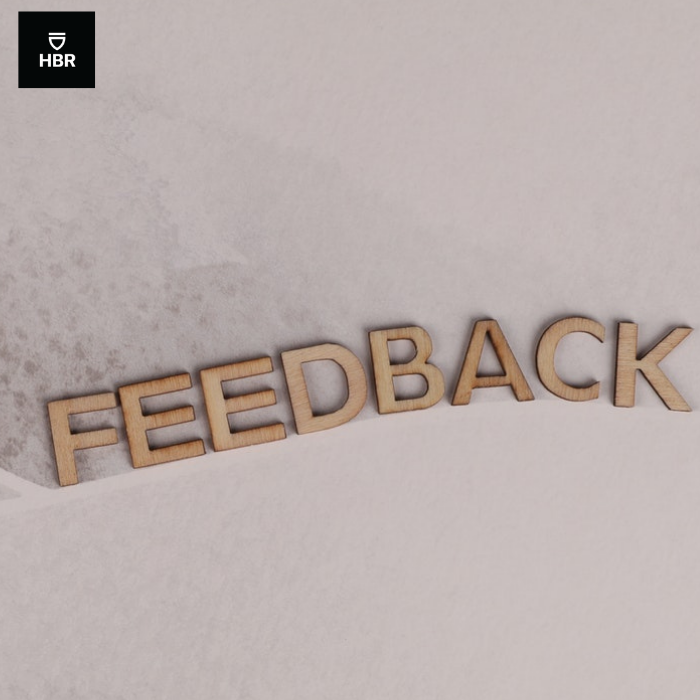While many of us have worked remotely for years (myself included), for many people, the shift to working while physically distanced from colleagues and managers requires some getting used to. Benefits like wearing pajama bottoms to work and going for a mid-day run can be mitigated by the costs to your motivation, self-confidence, and self-esteem when you no longer hear “you aced it!” from your boss on the walk back from a client meeting, or when you can’t get a high-five in the coffee room from a teammate — or even a smile from the receptionist on your way to the elevator.
Reduced feedback, diminished external encouragement, and decreased interpersonal interaction don’t just take an emotional toll; they can take a toll on our work outcomes as well. As Daniel Pink, author of Drive: The Surprising Truth About What Motivates Us, says in his TED Talk, “When we make progress and get better at something, it is inherently motivating. In order for people to make progress, they have to get feedback and information on how they’re doing.” And, for many newly remote workers, that’s just not happening often enough — if at all.






